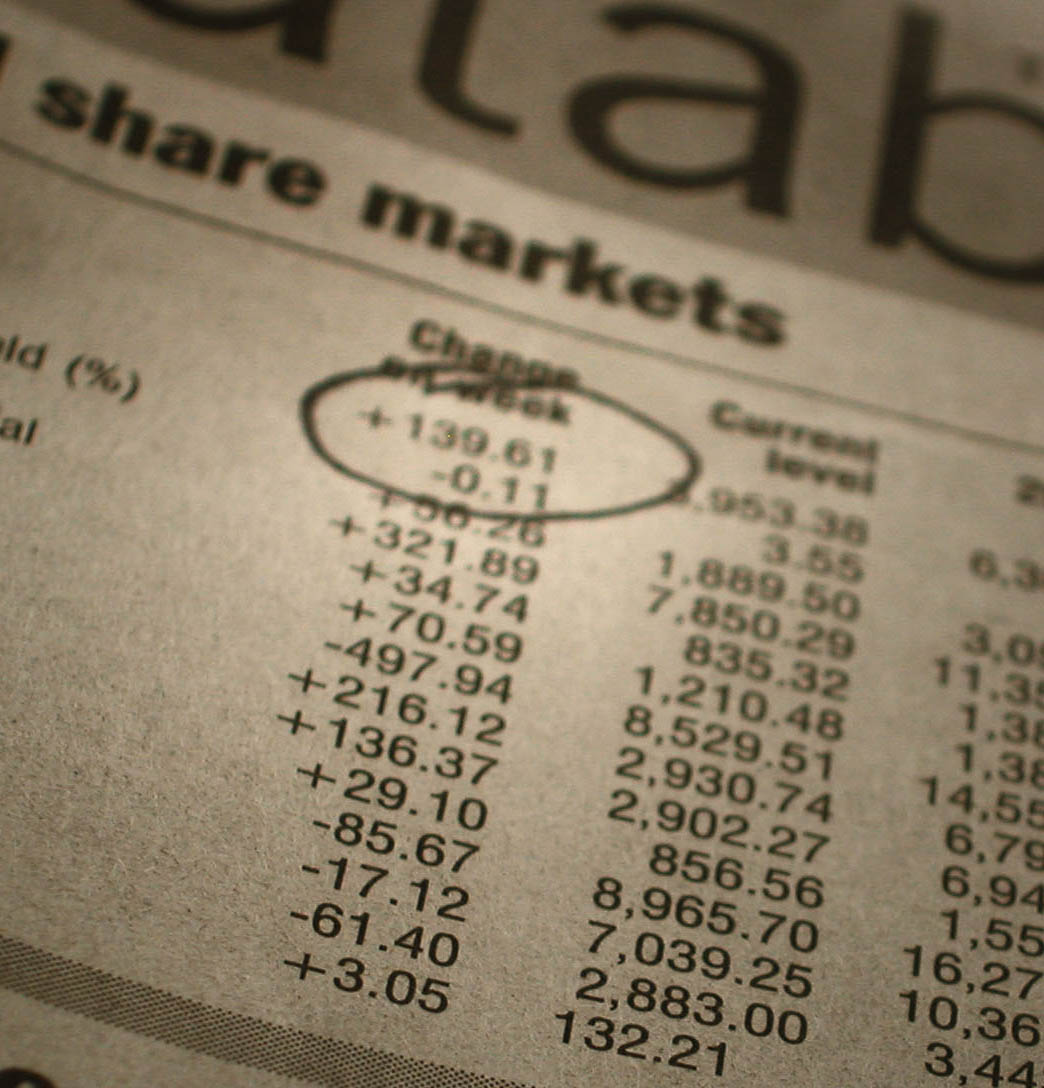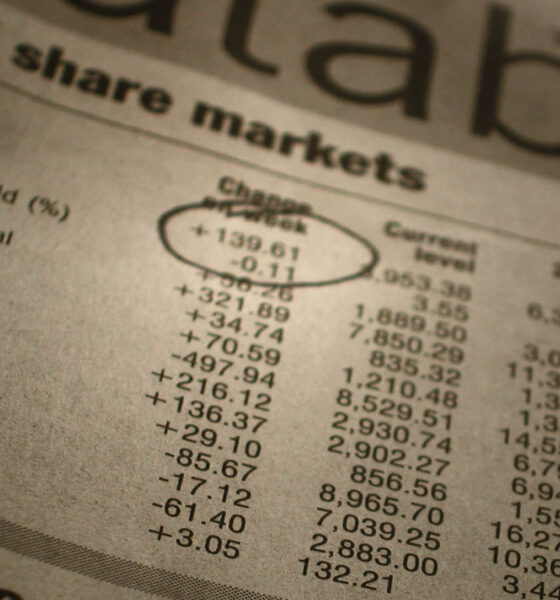

News
Breakdown of business ethics destroying shareholder value, says Ecclesiastical
An insight from Ecclesiastical demonstrates the impact corporate misconduct can have on shareholder value. According to the report, corporate businesses in the US and UK have wasted $150 billion (£88.5bn) over the past five years.
The insight suggests that there has been a widespread breakdown in business ethics and probity across many developed economies, including the UK. It argues that there has been a gradual erosion of ethical behaviour over time that has developed into an ‘accepted’ unethical culture.
Some of the factors listed as playing a part in this phenomenon are focusing on acquisition and growth rather than retention, poor and inadequate regulation, and cost cutting and weak back office support structures.
Ecclesiastical argues that certain unethical behaviours have become endemic, if not systematic, and penalties have been inadequate to dis-incentivise this poor behaviour.
Poor or unethical behaviour can often lead to penalties, compensation and legal provision, which impacts on shareholder value. For example oil giant BP has so far spent over $42 billion (£24.7bn) as a result of the Deepwater Horizon explosion in the Gulf of Mexico. Four years later the final cost is still unknown and its share price has not fully recovered.
The report notes that whilst there may be a short-term disadvantage to acting ethically, in the long-term implications from poor ethical behaviour can be “catastrophic”, not least when corporate behaviour is under public scrutiny.
Neville White, head of SRI policy & research at Ecclesiastical, explained, “Since 2009 across developed markets in Europe and the US, we put the full cost of corporate malfeasance conservatively at $150-250 billion (£88.5-147.5bn), or approximately 15% of global dividends of $1.03 trillion (£610bn) in 2013.
“This is shareholder value destruction on a huge scale, however, many shareholders may not be aware of the breadth of the problem. It also represents ongoing risks for shareholders, as poor behaviours and practice will lead to increased legal and regulatory costs, as well as reputational damage to the companies they are invested in.”
Whilst the report notes that the failure of business ethics goes well beyond the banking sector, the industry is at the heart of where it went wrong. It states, “[The banks] have destroyed more shareholder value, and received more opprobrium than any other comparable sector.”
This comment is supported by the fact that since 2006 at least 6,000 bankers have been sacked or suspended and all major UK banks have incurred significant fines for corporate misconduct over this period.
The insight also provides some potential solutions such as improving engagement with customers, embedding ethics into business practices and incorporating ethics training throughout the management chain.
Photo: simonok via Flickr
Further reading:
Sustainable business is simply ‘doing business in a better way’
UK gets largest ethical investment business as Gaeia and Barchester Green join forces
Taking steps towards a new ethical age of business
Merging the great business dilemma: profit v sustainability, responsibility and ethics
Businesses, listen up: ‘The best way to be good is to keep it simple’


 Environment11 months ago
Environment11 months agoAre Polymer Banknotes: an Eco-Friendly Trend or a Groundswell?

 Features10 months ago
Features10 months agoEco-Friendly Cryptocurrencies: Sustainable Investment Choices

 Features11 months ago
Features11 months agoEco-Friendly Crypto Traders Must Find the Right Exchange

 Energy10 months ago
Energy10 months agoThe Growing Role of Solar Panels in Ireland’s Energy Future


















